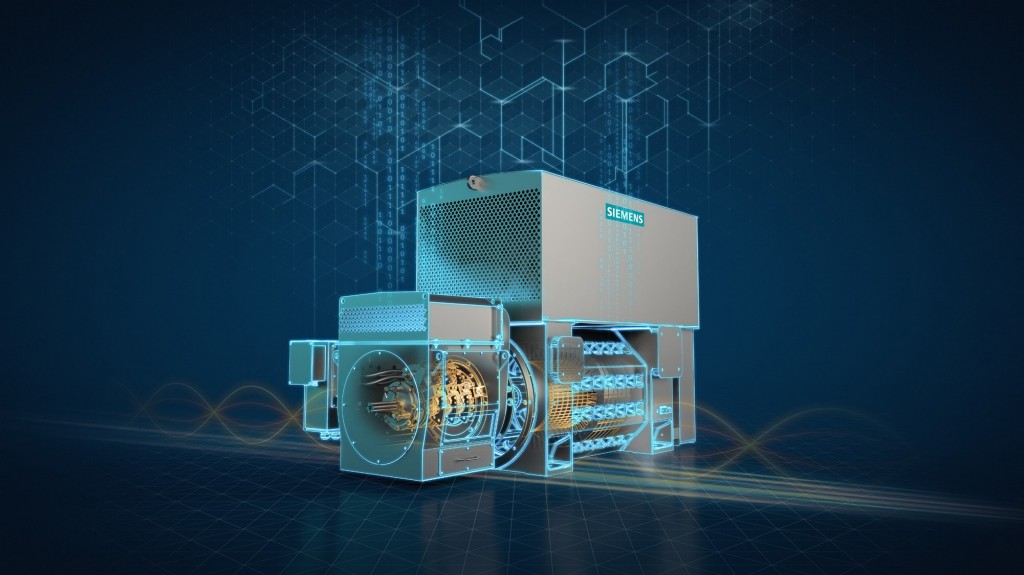

By the end of this course delegates will be able to:
This course is designed for:
Day 1: Introduction to Motor Protection Fundamentals
Day 2: Protection Requirements in Non-Hazardous Environments
Day 3: Hazardous Area Classifications and Standards
Day 4: Protection Techniques for Motors in Hazardous Areas
Day 5: Testing, Troubleshooting, and Case Studies
CDGA attendance certificate will be issued to all attendees completing a minimum of 80% of the total course duration.
| Code | Date | Venue | Fees | Register |
|---|---|---|---|---|
| EE131-02 | 18-05-2026 | Istanbul | USD 5950 | |
| EE131-03 | 16-08-2026 | Muscat | USD 5450 | |
| EE131-04 | 15-11-2026 | Riyadh | USD 5450 |

It is estimated that electrical drives and other rotating equipment consume about 50% of the total electrical energy consumed in the world today. The cost of maintaining electrical motors can be a sig ...

Variable Frequency/speed drives are devices used for varying the speed of driven equipment (such as pumps, blowers, compressors, conveyors etc.) to exactly match the process requirements and achieve e ...
This course of Electrical Motors overviews the design , construction , component and different types of motors , and covers selection criteria of motors . The course include operation , maintenance, t ...
Providing services with a high quality that are satisfying the requirements
Appling the specifications and legalizations to ensure the quality of service.
Best utilization of resources for continually improving the business activities.
CDGA keen to selects highly technical instructors based on professional field experience
Since CDGA was established, it considered a training partner for world class oil & gas institution
3012, Block 3, 30 Euro Business Park, Little Island, Co. Cork, T45 V220, Ireland
Mon to Fri 09:00 AM to 06:00 PM
Contact Us anytime!
Request Info